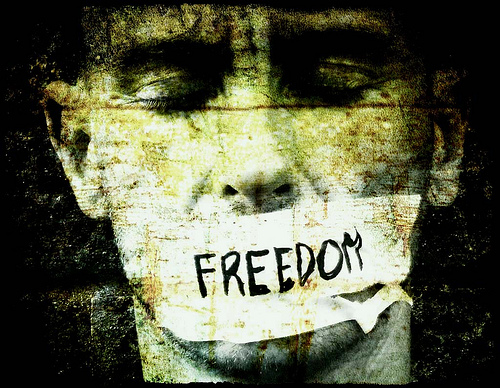The Universal Declaration of Human Rights (UDHR) and the International Covenant on Civil and Political Rights (ICCPR) both guarantee in Article 19 the right to freedom of expression. It is widely recognised that freedom of expression is not only of fundamental importance in its own right, but is also essential to the realisation of other rights.
At an individual level, freedom of expression is key to the development, dignity and fulfilment of every person. Through exchanging ideas and information freely with others, people gain an understanding of their surroundings and the wider world, better enabling them to plan their lives and practise their trades. Moreover, being able to speak their minds makes citizens feel more secure and respected by the state.
At a national level, freedom of expression is a necessary precondition for good government and also, by extension, for economic and social progress.
Free speech contributes to the quality of government in various ways. For one, it helps ensure that competent and honest persons are elected to administer the state. In a democracy, free debate about and between the various political parties exposes their strengths and weaknesses, enabling voters to form an opinion about who is best qualified to run the country, and to cast their ballot accordingly. Media scrutiny of the government and the opposition helps expose instances of corruption or other improprieties, and prevents a culture of dishonesty from taking root.
Freedom of expression also promotes for a good government by enabling citizens to raise their concerns to the authorities. If people can speak their minds without fear and the media are permitted to report what is being said, the government will have the opportunity to become aware of their problems, and can take the necessary measures to address them.
Freedom of expression also ensures that new policies and legislation are carefully considered. Through debate, members of the public with helpful opinions on a subject can make them known, presenting the government with a ‘marketplace of ideas’ from which to choose the best suggestions. Free debate about new legislation also helps ensure that the law would enjoy the support of the population, making it more likely to be respected and adhered to.
Finally, freedom of expression promotes the implementation of other human rights. Not only does it help improve government policy in all areas, it also enables journalists and activists to draw attention to existing human rights issues and abuses by persuading the government to take action on them.
For all these reasons, the international community has recognized freedom of expression as one of the most important human rights. To demonstrate its effects, the UN General Assembly in 1946 adopted Resolution 59(I):
“Freedom of information is a fundamental human right and is the touchstone of all the freedoms to which the United Nations is consecrated.”


